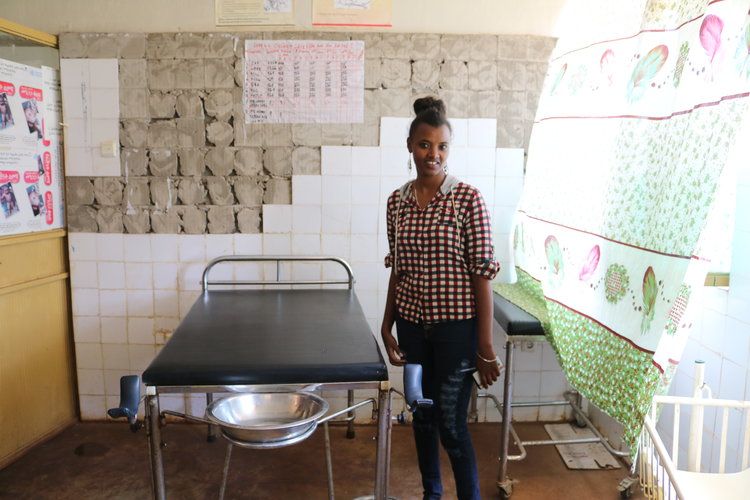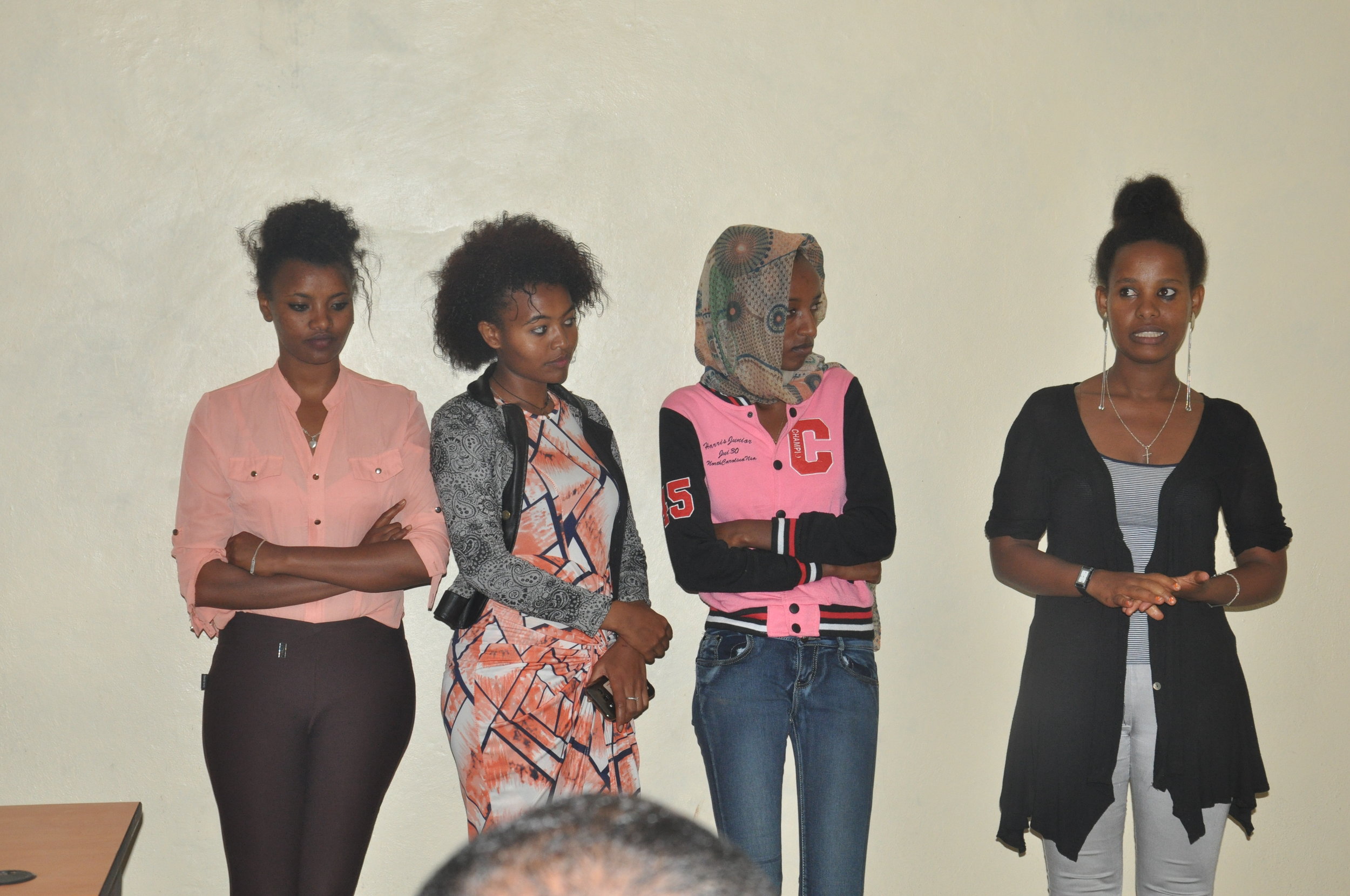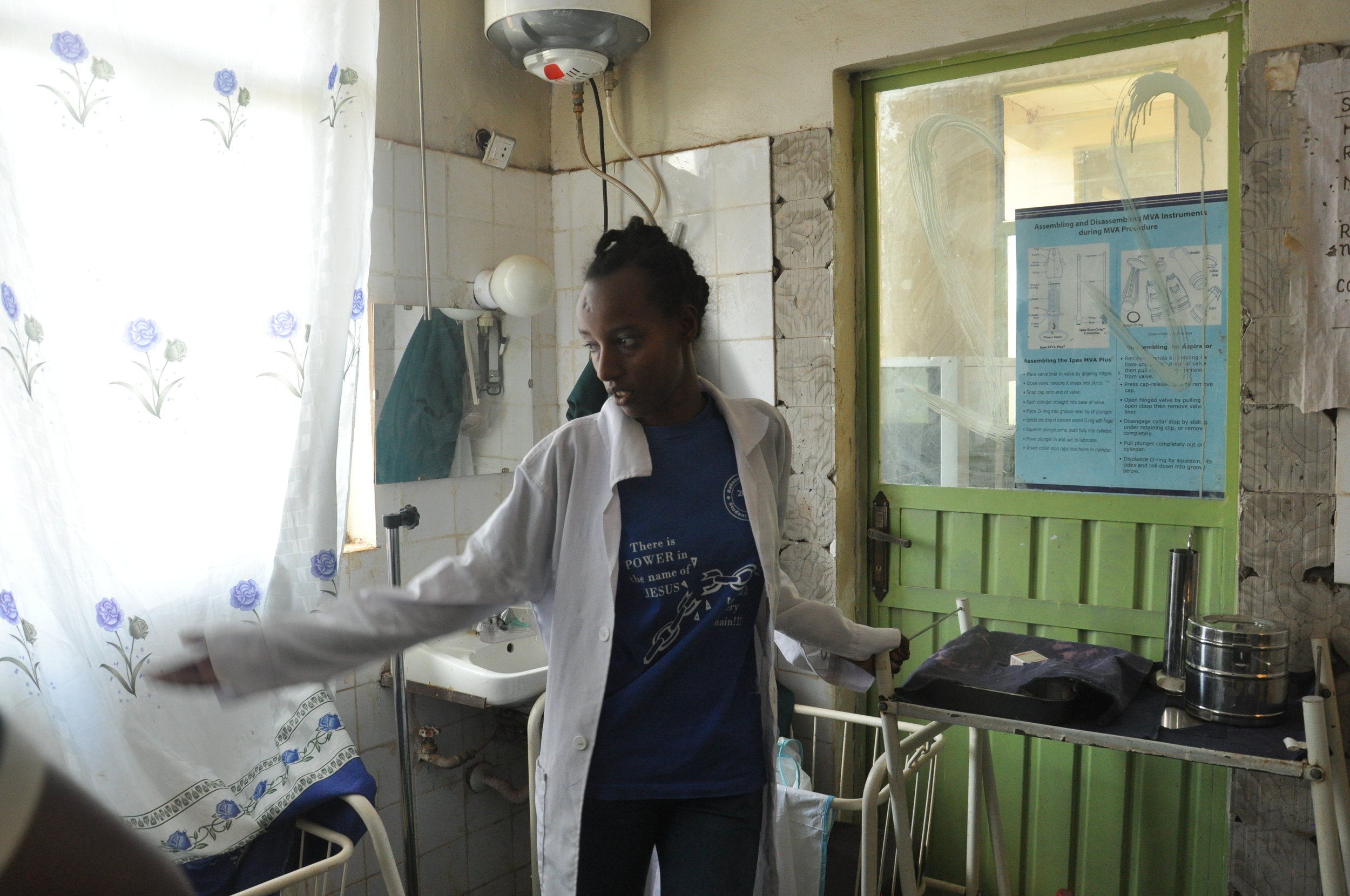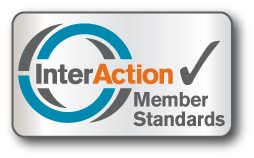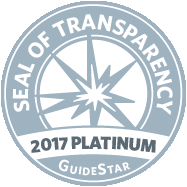Health extension worker using digital health tool with a mother and son in Tembaro.
Boosting Digital Healthcare in Ethiopia
WEEMA is joining forces with the Ethiopian government to expand digital healthcare services across the country.
Over the past 2½ years, WEEMA and D-tree International have developed and distributed a mobile healthcare tool that is helping 100 local health extension workers (HEWs) in the Tembaro and Hadero districts diagnose childhood illnesses like diarrhea, pneumonia, and malaria. This month, WEEMA received a $100,000 grant from the IZUMI Foundation to help the government scale up a similar effort in four more districts in the Kembata-Tembaro Zone. Judging from the performance of our initiative with D-tree, the expanded digital program will mean better healthcare services and healthier children and families across most of the region, which has nearly one million people.
Despite big improvements in recent decades, child and maternal mortality rates are still high in Ethiopia, with an estimated 15,000 children and 830 women dying every day from preventable or treatable causes.
The new project is focused on a digital healthcare tool – known as the Electronic Community Health Information System (eCHIS) – developed by the Federal Ministry of Health. The mobile tool, which the government hopes to train 38,000 HEWs to use in the next five years, provides easy-to-access information on a broad array of medical issues that Ethiopian children and their families face.
Over the next two years, WEEMA, in partnership with D-tree, will train the existing 100 HEWs in Tembaro and Hadero on the new government tool, along with 150 additional HEWs in other districts of Kembata-Tembaro. The project will be critical in helping the government refine and fine-tune the rollout of the eCHIS system across the country.
Launch meeting this month for the expansion of digital health programs in Kembata-Tembaro.







